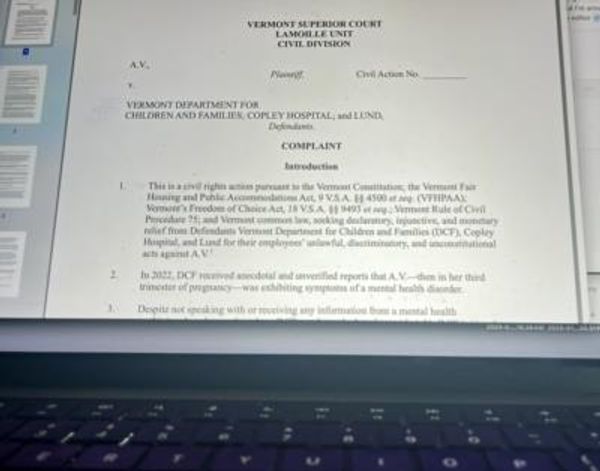
The UK state pension is set to increase by more than 10 per cent from April 2023 after chancellor Jeremy Hunt promised to honour the “triple lock” commitment in his Autumn Statement last November.
The “triple lock” is a guarantee that monthly payments will rise in tandem with whichever of the following three options is highest: the Consumer Price Index (CPI) measure of inflation (taken from its rate in the preceding September), average earnings between May and July of the previous year or, simply, 2.5 per cent.
The policy was suspended for the 2022/23 tax year and replaced with a “double lock” only in order to accommodate artificially-high wage growth, caused by people returning to work after being placed on furlough during the coronavirus pandemic.
Mr Hunt duly confirmed in his address to the House of Commons on 17 November that the triple lock would be reinstated and that pensions would be uprated in line with CPI inflation, which stood at 10.1 per cent last September, much higher than the average earnings rate of 5.2 per cent or the 2.5 per cent baseline.
What that means in real terms is that anyone receiving the full new state pension will get an extra £19 a week from Monday 10 April onwards while anyone who reached state pension age before April 2016 (and is in receipt of the full basic state pension) will get an extra £14 weekly.
That takes the former to £10,600 a year or £203.85 per week for 2023/24, from £185.15 in the last financial year, and the latter to £8,100 a year or £156.20, up from £141.85.
The Pension Credit standard minimum guarantee will meanwhile also increase by 10.1 per cent in line with CPI inflation, taking its amounts to £201.05 a week for a single claimants and £306.85 per week for couples.
While that is good news for the 12.5m older Britons who currently claim a state pension, it still does not quite keep pace with the CPI due to that September lag, the rate having risen to 11.1 per cent in October before falling to 10.7 per cent in November, which is still above what pensioners will be receiving.
Remember that to receive any form of state pension, you need to have made at least 10 years’ worth of National Insurance (NI) contributions and 35 years’ if you hope to receive the full amount.
If you are currently approaching retirement age, you can check your state pension entitlement here and your NI record here.
You can find everything you need to know about the new payment rates for April via the Department for Work and Pensions here.







